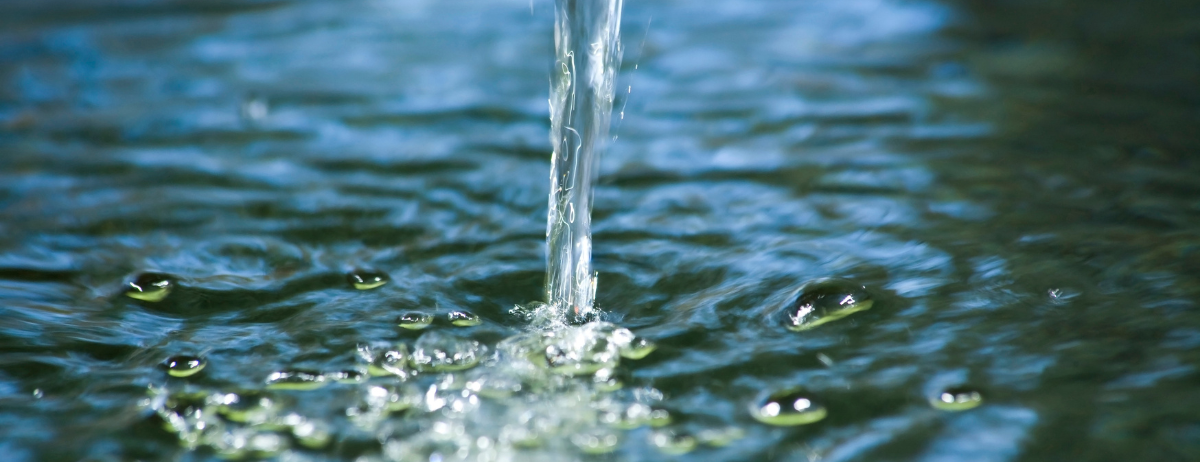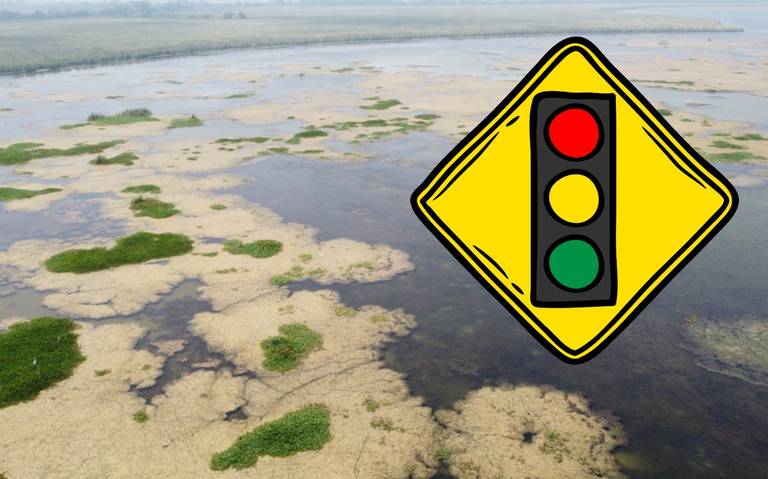Pollution Is Called a Byproduct of a ‘Clean’ Fuel
11 marzo 2008Fuente: The New York Times
MOUNDVILLE, Ala. — After residents of the Riverbend Farms subdivision noticed that an oily, fetid substance had begun fouling the Black Warrior River, which runs through their backyards, Mark Storey, a retired petroleum plant worker, hopped into his boat to follow it upstream to its source.
Nelson Brooke, the executive director of Black Warrior Riverkeeper, walked along an area of the river near Moundville, Ala.
It turned out to be an old chemical factory that had been converted into Alabama’s first biodiesel plant, a refinery that intended to turn soybean oil into earth-friendly fuel.
“I’m all for the plant,” Mr. Storey said. “But I was really amazed that a plant like that would produce anything that could get into the river without taking the necessary precautions.”
But the oily sheen on the water returned again and again, and a laboratory analysis of a sample taken in March 2007 revealed that the ribbon of oil and grease being released by the plant — it resembled Italian salad dressing — was 450 times higher than permit levels typically allow, and that it had drifted at least two miles downstream.
The spills, at the Alabama Biodiesel Corporation plant outside this city about 17 miles from Tuscaloosa, are similar to others that have come from biofuel plants in the Midwest. The discharges, which can be hazardous to birds and fish, have many people scratching their heads over the seeming incongruity of pollution from an industry that sells products with the promise of blue skies and clear streams.
“Ironic, isn’t it?” said Barbara Lynch, who supervises environmental compliance inspectors for the Iowa Department of Natural Resources. “This is big business. There’s a lot of money involved.”
Iowa leads the nation in biofuel production, with 42 ethanol and biodiesel refineries in production and 18 more plants under construction, according to the Renewable Fuels Association. In the summer of 2006, a Cargill biodiesel plant in Iowa Falls improperly disposed of 135,000 gallons of liquid oil and grease, which ran into a stream killing hundreds of fish.
According to the National Biodiesel Board, a trade group, biodiesel is nontoxic, biodegradable and suitable for sensitive environments, but scientists say that position understates its potential environmental impact.
“They’re really considered nontoxic, as you would expect,” said Bruce P. Hollebone, a researcher with Environment Canada in Ottawa and one of the world’s leading experts on the environmental impact of vegetable oil and glycerin spills.
“You can eat the stuff, after all,” Mr. Hollebone said. “But as with most organic materials, oil and glycerin deplete the oxygen content of water very quickly, and that will suffocate fish and other organisms. And for birds, a vegetable oil spill is just as deadly as a crude oil spill.”
Other states have also felt the impact.
Leanne Tippett Mosby, a deputy division director of environmental quality for the Missouri Department of Natural Resources, said she was warned a year ago by colleagues in other states that biodiesel producers were dumping glycerin, the main byproduct of biodiesel production, contaminated with methanol, another waste product that is classified as hazardous.
Glycerin, an alcohol that is normally nontoxic, can be sold for secondary uses, but it must be cleaned first, a process that is expensive and complicated. Expanded production of biodiesel has flooded the market with excess glycerin, making it less cost-effective to clean and sell.
Ms. Tippett Mosby did not have to wait long to see the problem. In October, an anonymous caller reported that a tanker truck was dumping milky white goop into Belle Fountain Ditch, one of the many man-made channels that drain Missouri’s Bootheel region. That substance turned out to be glycerin from a biodiesel plant.
In January, a grand jury indicted a Missouri businessman in the discharge, which killed at least 25,000 fish and wiped out the population of fat pocketbook mussels, an endangered species.
Back in Alabama, Nelson Brooke of Black Warrior Riverkeeper, a nonprofit organization dedicated to protecting and restoring the Black Warrior River and its tributaries, received a report in September 2006 of a fish kill that stretched 20 miles downstream from Moundville. Even though Mr. Brooke said he found oil in the water around the dead fish, the state Department of Environmental Management determined that natural, seasonal changes in oxygen levels in the water could have been the culprit. The agency did not charge Alabama Biodiesel.
In August, Black Warrior Riverkeeper, in a complaint filed in Federal District Court, documented at least 24 occasions when oil was spotted in the water near the plant.
Artículos relacionados
Otras Publicaciones
 Nacional
Nacional
Baja California-Definidos volúmenes de agua a entregar en Baja California: Conagua (La Voz de la Frontera)
12 febrero 2026 Nacional
Nacional
Morelos – Profepa asegura madera ilegal en el Bosque de Agua en Huitzilac (Gobierno de México)
12 febrero 2026 Nacional
Nacional




